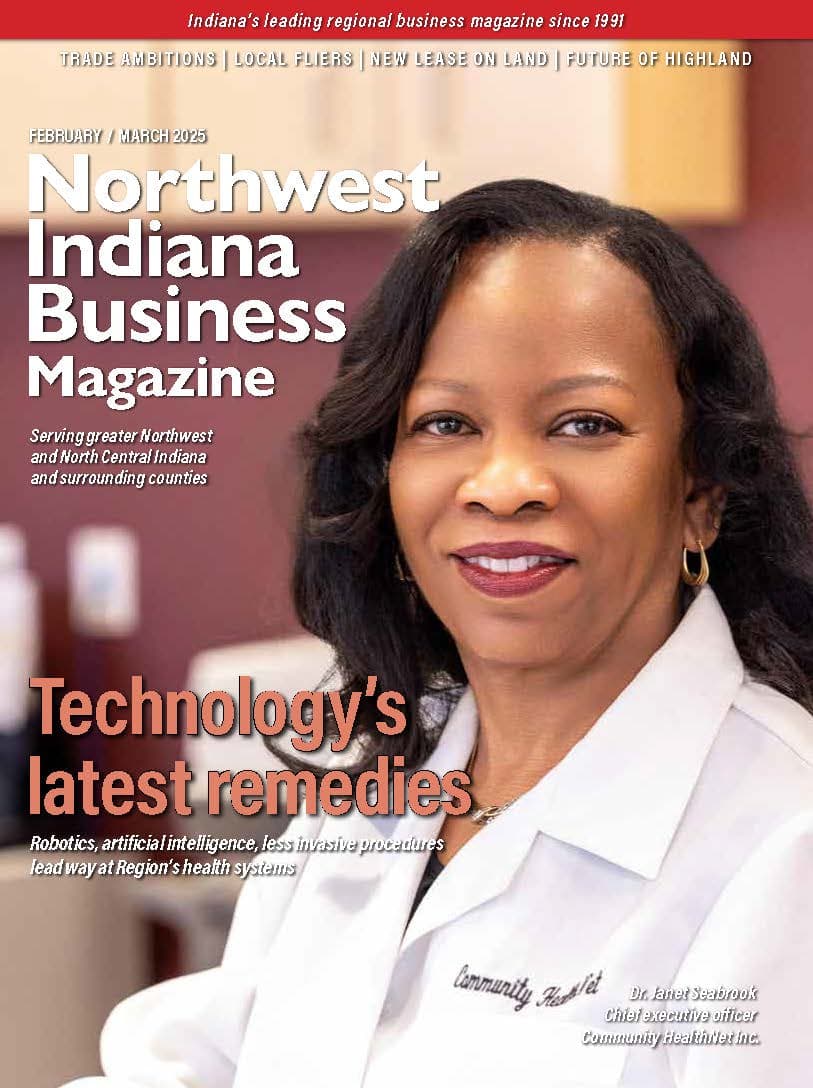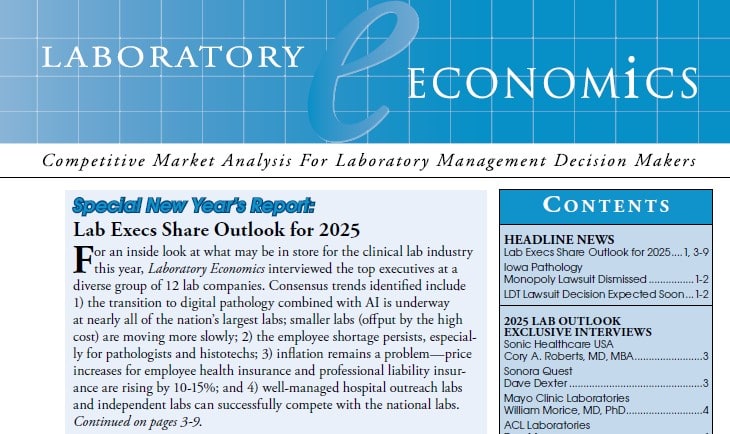Pap test preparation is critical to achieve reliable results

PCL Alverno wants you to know the optimal preparation to get the right results the first time
According to a physicians’ report published in the Journal of Family Practice, a ThinPrep pap test is better at detecting cervical cancer precursors than the standard pap smear test. (1)
While that’s good news for women being tested, it also raises questions. What is ThinPrep testing? How is it different than a traditional pap smear? How should women prepare for a pap test?
A pap test is a screening test for cervical cancer. It is used to detect abnormal or potentially abnormal cells from the vagina and uterine cervix. Various bacterial, fungal, and viral infections of the uterus may also be detected using this test.
The pap test consists of sampling cells from the cervical area. For ThinPrep, a liquid-based method, the sample is obtained using a type of swab or brush. The specimen is put into a special liquid preservative and sent to a laboratory, where the cell suspension is processed and examined via instrumentation. An advantage of this liquid-based sample is that the cell suspension may also be used for HPV (human papillomavirus) testing. When using the more traditional method, the sample is smeared on a glass slide and sent to a laboratory to be stained and examined under a microscope. Since persistent infections certain strains of HPV are at the root of cervical cancer, it is critical for women to be tested regularly.
The staff at PCL Alverno understand the relationship between HPV, cervical cancer, and pap testing. That’s why they want to ensure that you fully understand the proper way to prepare for a pap test.
Most women don’t find pap tests to be painful. There may be a few moments of mild discomfort with the pelvic exam, but it’s usually over relatively quickly. In preparation for that exam and sample collection, all women should:
- Avoid vaginal medication, including vaginal contraceptives, for 48 hours prior to your appointment.
- Avoid personal lubricants and douches for 48 hours before your appointment.
- Refrain from sexual intercourse for 48 hours before your appointment.
- Drink plenty of water the day of your appointment. You may need to give a urine sample.
- Schedule your appointment on a day when you will not have your period.
In addition to these steps, you should also prepare by having this information ready to give your healthcare provider. Since many of us can’t remember every detail, especially when being examined, it’s best to document this list before your appointment.
- The date of your last period
- Whether your periods come regularly, how long they last, and how heavy they are
- If you have ever had an abnormal pap test result
- Any medications being taken, including non-prescription drugs
- Any family history of cancer, heart disease or diabetes
- Whether you feel pain during intercourse
- Recent changes in skin or hair loss
- Any drastic weight changes
- The date of your last mammogram
- The date of your last colonoscopy
- Issues with bladder control
PCL Alverno believes that information is power. Check back to our website frequently to gather more information to help you make the very best choices for your health.
Sources:
1 — http://www.mdedge.com/jfponline/article/60218/womens-health/thinprep-better-conventional-pap-smear-detecting-cervical






